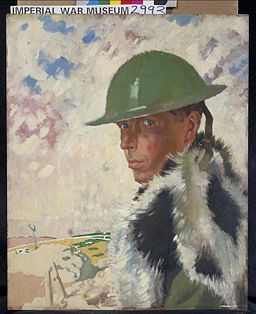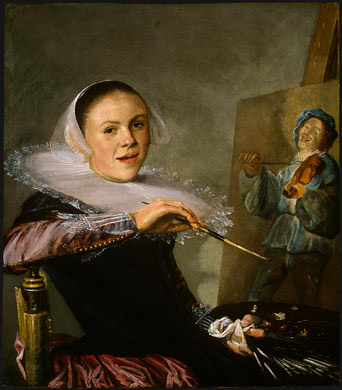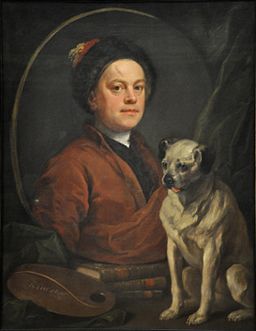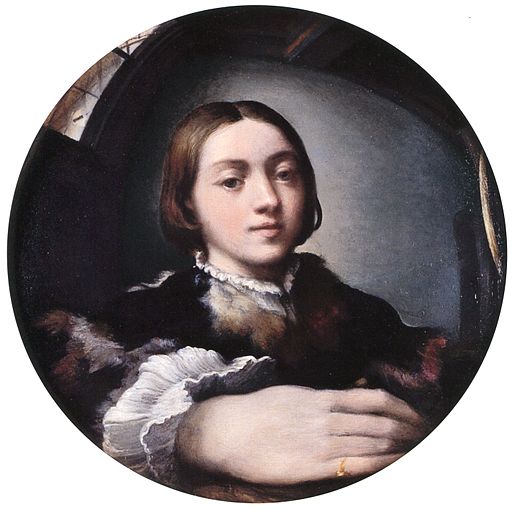What Does “Creator Owned” Mean?
What does it mean when a publisher or distributor says that the things they sell are “creator owned”?
It’s a great question, but (surprise!) it doesn’t have a simple or straightforward answer.
That’s because “creator owned” isn’t a legal term. There isn’t a legal definition of what the phrase means, and because there isn’t a legal definition, its definition can differ from contract to contract.
I find it helpful to think of “creator owned” as a marketing term (à la “graphic novel”) that publishers can use to tell fans how much control the creator has over his or her work. It’s also a way for publishers to tell creators what to expect if they work together.
That doesn’t mean I think “creator owned” is a bad term. As long as you and the publisher are on the same page about what it means, it can be helpful shorthand for explaining your relationship.
To make sure you and your publisher are on the same page, read your contract carefully and think through the following questions.
“Owned” What, Exactly?
My assumption when I see the term “creator owned” is that the publisher has a license to the work and the creator keeps her copyright in the work.
As long as the work you’re creating isn’t a work made for hire, you own the copyright in the work you create as soon as you create it. You can give other people the right to use your work with a license, or you can sell your copyright to someone else by transferring or assigning it.
If you transfer or assign your copyright to someone else, you no longer own it. If you license the work, you still own the copyright, but depending on what the license says, you may be agreeing not to do certain things with the work for a period of time or in a particular place.
If what you want to own is your copyright, you do not want to assign your copyright to someone else.
If you do assign your copyright to someone else, they’ll own it. If they own it, they get to decide how the work is used, where it’s published, and who gets to create things works based on it. The US Copyright Act does give you the right to cancel an assignment 35 years after you make it, but that’s 35 years of you not owning the copyright.
Pro Tip Regardless of whether you license your work or assign the copyright to the publisher, your contract should have explicit instructions detailing how the rights can revert to you if the publisher is no longer using them.
So if the contract you’re looking at has you assign your copyright to the publisher, can the work still be “creator owned”? That depends on what it is you’re interested in owning.
Money? If the contract grants you royalties (and it should), you have the right to be paid those royalties. I hesitate to say you’re “own the right to be paid” because that kind of right isn’t separate from the contract. It’s an important right, don’t get me wrong, but it’s not what I usually think of as “ownership.”
Things? Some publishers will give you a certain number of copies of whatever it is they publish using your work and may allow you to buy additional copies at a reduced price. If your contract promises you copies of your work, you will own those physical objects, but pay attention to what the contract says you can do with them. Some contracts won’t let you sell those copies. If you want the right to sell the copies at cons or on your website, you’ll need to adjust the contract. Again, this isn’t my idea of what “creator owned” means.
Other parts of the copyright? If a contract has you assign a portion of your copyright, you only forfeit ownership of that specific portion of the copyright.
How can you assign part of a copyright? Copyright is actually a whole bunch of rights. Lawyers often use the analogy of a bundle of sticks: the bundle is “the” copyright and the individual sticks are the rights that make up a copyright. You can give someone one of those sticks and keep the rest.
Let’s say that the contract says you “transfer and assign” the exclusive right to publish your work as a comic book in English, throughout the world. You no longer own the right to create and sell an English language version of the comic, the publisher does.
But you still own the rights to make a movie; make a comic book in any other language; and even create and sell merchandise based on your story. You still own the rights to do a lot of different things with your work, but you’ve sold certain rights to someone else. You and the publisher both own parts of the copyright in the work.
Pro Tip If you sell part of the copyright be extra special clear about what that means. If they have the right to create a comic book in English, do they also have the right to create merch based on the comic? Do they get to create derivate works based on the comic? What kinds of derivative works?
Doing a creator owned book with a publisher can be a rewarding and satisfying arrangement. But in order for you to make sure you’re getting the most out of the relationship, you have to make sure that what you think “creator owned” means and what the publisher thinks “creator owned” means are the same.
What are your experiences with “creator owned” agreements? Have you run into “creator owned” contracts that handle the rights differently than what I mention here?
Categories: Making Sense of Contracts







[…] they revert. Confused? That’s why you need a lawyer, Chuckles, but in the meantime check out Lane’s primer on the topic; it won’t give you all the answers, but it will help you figure out what questions you need […]